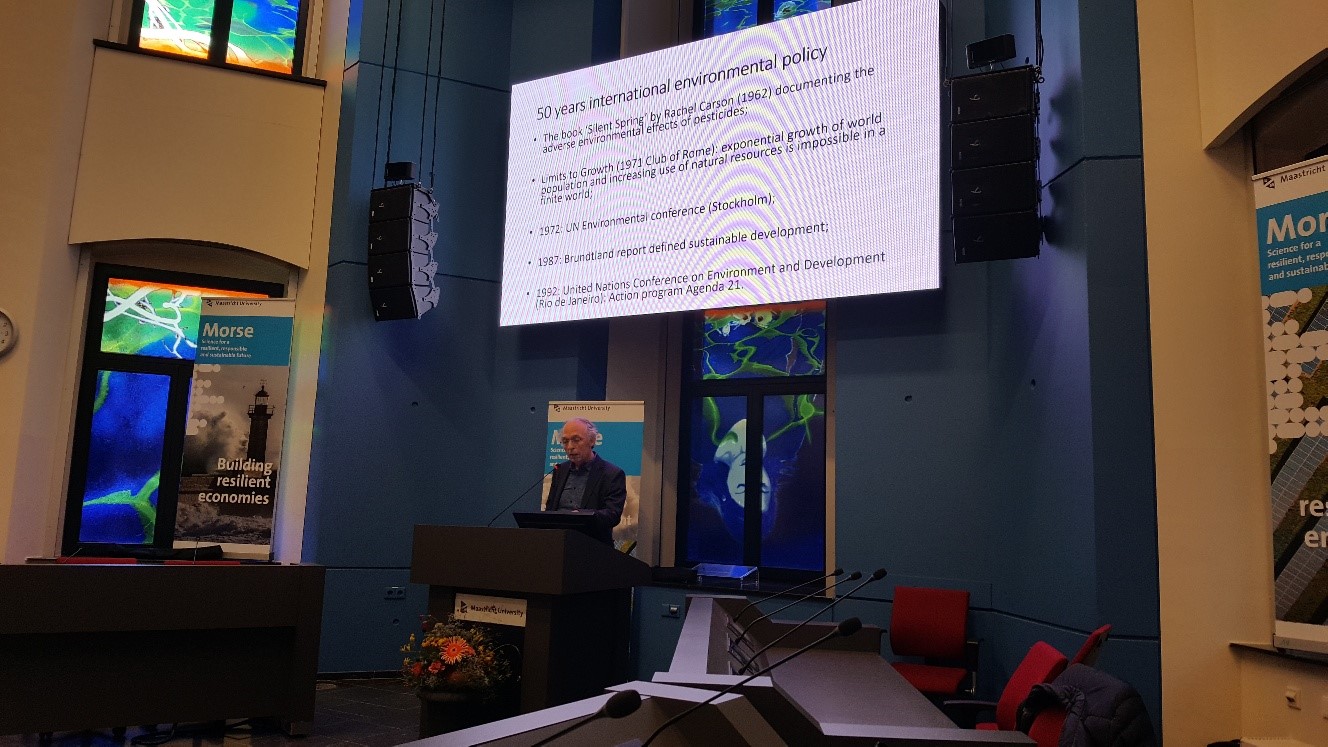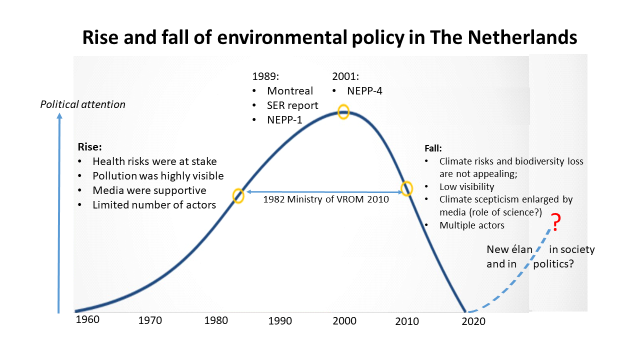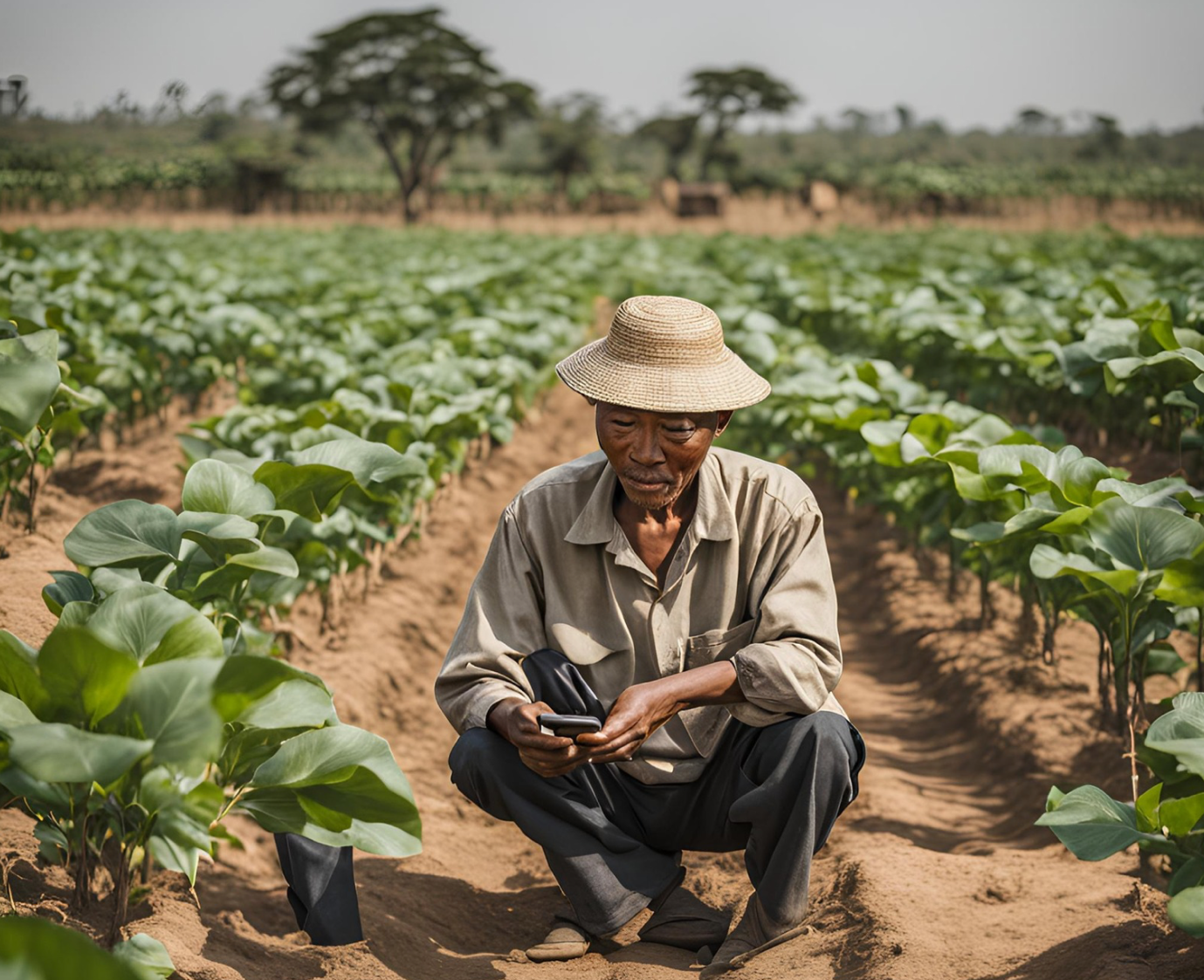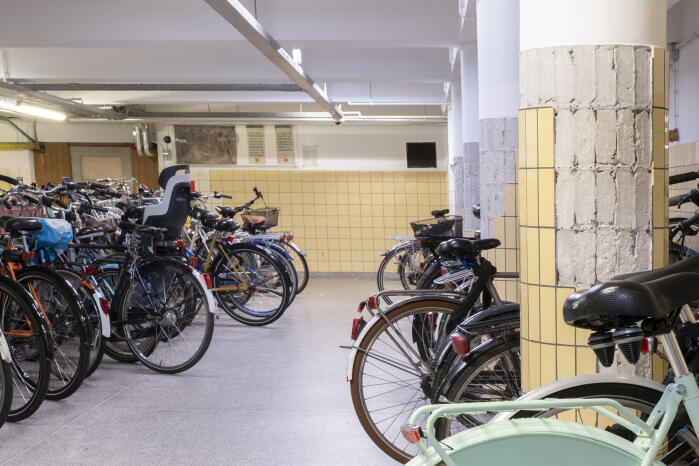lectures Peter Møllgaard And Frans Vollenbroek On European Climate Policy And The Um Research Agenda
On Tuesday the 26th of October, the second day of the MORSE Launch Week, lectures on European climate policy and the UM research agenda were given by Peter Møllgaard (Dean of UM School of Business and Economics) and Frans Vollenbroek (former strategist at VROM and European Commission where he led the resource strategy process). The last 30 to 40 minutes were used for a panel discussion amongst UM professors about climate policy and what the UM can do.
The first speaker, Dean Møllgaard, spoke about Danish climate and energy policies, a topic which he know very well as chairman of the Danish Council on Climate Change. For background, Denmark has the most ambitious climate policy in EU. It wishes to achieve a reduction in greenhouse gas emissions by 70% in 2030 and climate neutrality by 2050, or even before this. Sources of GHG emissions and means of reducing those were discussed. Towards achieving those recommendations the DCCC - as an independent science council - made the following recommendations.
- Specific roadmap towards 70 pct. reduction in 2030
- National strategy for CCS
- A society wide CO2-tax
- Accelerated rewetting of peat soils
- Higher value of climate effects in socio-economic calculations
The second speaker, Frans Vollenbroek, looked back at 50 years of international environmental policy. He zoomed in on the situation in the Netherlands, which started in 1971 when the Directorate-General for the Environment was established, linked to ministry of public health. Dutch environmental policies reached a high point in 1989 when the Environment ministry (VROM), established in 1982, came up with the first National Environmental Policy Plan (NEPP) which gave attention to different aspects of the changing environment such as the pollution of air, soil, and water but also the globalisation of production chains and the increase of the use of fossil fuels. The last NEPP appeared in 2001 NEPP 4 and famously called for transitions and societal changes. Those reports received a lot of attention internationally, but after 2001, nothing really happened, because of the influence of regime players on climate policy. From a front runner The Netherlands turned into a laggard in environmental policy, especially climate policy. He is hoping for a new elan and called upon students to play their part.


During the last part of the event, a panel discussion took place amongst UM professors Mark Sanders, René Kemp and Jaap Bos. Students wanted to know what they were doing to reduce their carbon footprint. After this, the discussions shifted to what the UM can do. Quite a lot. UM researchers can reuse their carbon print and do research about carbon policies and transition processes. There was disagreement on the wherewithal of entrepreneurs in achieving transitions and desirability of emission trading. According to Frans Vollenbroek and René Kemp the focus on climate policy has been too much on efficiency and too little on radical innovation and effectiveness (achieving carbon reductions). Fortunately, the transition to climate neutrality is gaining momentum thanks to climate science and civil society actions and investors shifting their investments away from fossil fuels. The momentum for climate action is changing. In Dec 2021, two months after the lectures, the Dutch government to be expressed an ambition to become a leader in climate policy. At the UM, the research on climate finance, energy citizenship and decarbonisation of the built environment can serve as source of information and vehicle of change. If more and more people are part of the solution instead of the problem, a transition will occur. It is positive that so many people at SBE are turning their attention to issues of responsibility, resilience and sustainability and we also happy to have a dean that undertakes important work for the Danish Council of Scientific Change. The climate crisis can be used to build back a better world, but this requires dedicated approaches, a different science (less reductionist, more integrative) and academic citizenship.
Also read
-
In his master’s thesis, “Empowering Smallholder Farmers in Data-driven Agriculture through Blockchain Technology,” Daniel Acosta Stasiukynas, MSc Sustainability Science, Policy & Society graduate, explored blockchain technology and its potential to benefit smallholder farmers. In this blog, he...
-
The Grote Gracht is richly lined with historical buildings that conceal remarkable stories. Once again, our “hidden gem” is located on this street in Maastricht, this time at number 76: the (bike) cellar.


